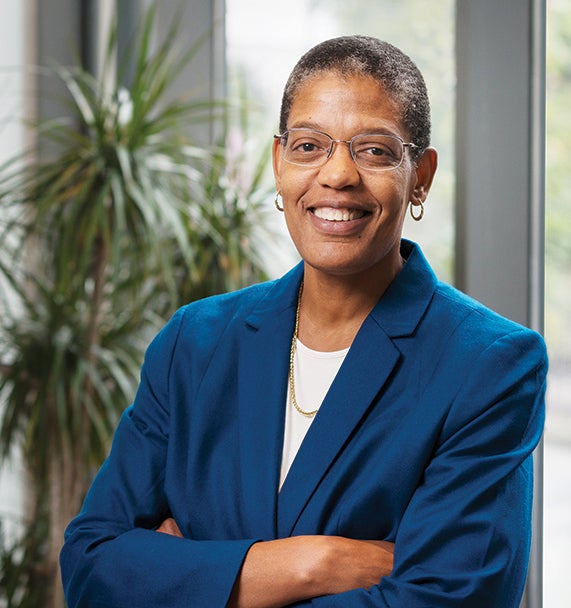
Reading this issue of Harvard Public Health, I am reminded of one of the great assets of our profession: public health as the great convener. Our mission compels us to bring together people from all backgrounds and walks of life, experts from a vast range of academic disciplines, policymakers of all political stripes, data specialists, community-based health workers—and, of course, individuals who know in their daily lives whether our work has succeeded and how we can do better.
Our cover story on cancer prevention demonstrates the value of our convening mindset. Cancer is poised to become the number-one cause of death in the United States. And as with every major cause of morbidity throughout history, we cannot treat our way out of the problem. Only prevention will protect us to any meaningful degree, and nothing less than an interdisciplinary “moon shot” will make that happen. From bench scientists and implementation researchers to enlightened policymakers and health educators, we must join together under the banner of public health to keep people from developing malignancies in the first place.
Other features in the magazine affirm the value of our multidisciplinary approach. The opioid epidemic, for example, is rooted in medical practice (or malpractice), the profit motive, biological disorders, government regulation, and pervasive shame and social stigma. Once again, only a multifaceted public health response—which assesses the problem, defines interventions, implements solutions, and rigorously evaluates their impact—will change this epidemic’s trajectory. That convening orientation also guides alumnus Lawrence Deyton, SM ’76, who has skillfully brought scientific and government efforts to bear in containing the HIV/AIDS epidemic and in tobacco-cessation programs. Similarly, the organization C-Change Conversations is making an end run around antagonistic politics by enlisting political conservatives and moderates to speak with politically like-minded groups about the urgency of addressing climate change, an issue conventionally slotted as a liberal concern.
Conveners understand that the whole is greater than the sum of its parts. I sometimes think of public health professionals as orchestra conductors—at the center of the action but never grandstanding, deftly bringing out the best in the score, the musicians, and the audience.
Gustavo Dudamel, the renowned conductor of the Los Angeles Philharmonic, understands the transformative power of convening—the kind that public health should aspire to. In a 2011 interview with The Guardian, he said: “My education was sitting in an orchestra. And what a beautiful model for a society. Everyone together, listening to each other, with one goal. This is the best way I can think of to build a better world.”
Michelle A. Williams, ScD ’91
Dean of the Faculty, Harvard T.H. Chan School of Public Health
Angelopoulos Professor in Public Health and International Development, Harvard T.H. Chan School of Public Health and Harvard Kennedy School







